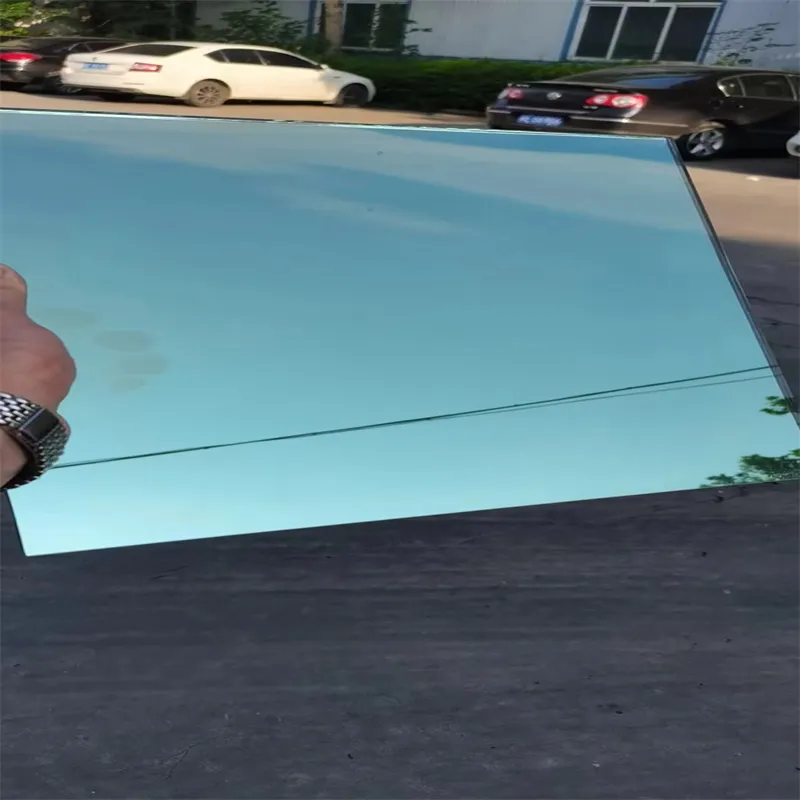Nov . 23, 2024 02:31 Back to list
flat float glass
The Versatility of Flat Float Glass
Flat float glass, an essential material in modern construction and design, is characterized by its remarkable clarity and uniform thickness. This glass type is produced through the float glass process, where molten glass is floated on molten tin, creating a smooth, flat surface that is free of imperfections. This manufacturing technique not only ensures optical clarity but also facilitates the production of large sheets, making flat float glass a preferred choice in various applications.
One of the primary uses of flat float glass is in the construction industry. It serves as a fundamental component in windows, facades, and glass doors, allowing natural light to flood indoor spaces while providing excellent thermal insulation and energy efficiency. Modern advancements in glass coatings have enhanced its performance, making it possible to create low-emissivity (Low-E) glass. This special coating minimizes heat transfer, thereby reducing energy costs and improving indoor comfort.
In addition to its use in architecture, flat float glass also finds applications in automotive manufacturing. Windshields and side windows are often made from this material due to its safety features and ability to withstand various weather conditions. The flat float glass can be treated to be shatterproof, ensuring passenger safety in the event of an accident. Its clear, unobtrusive properties also play a critical role in enhancing visibility for drivers.
flat float glass

Decoratively, flat float glass is popular in interior design. It can be used to create stunning glass partitions, tabletops, and shelving units that add elegance and modernity to any space. Designers often appreciate its ability to be easily cut, tinted, or frosted, providing endless customization options to suit different aesthetic preferences.
Moreover, the environmental benefits associated with the production and recycling of flat float glass cannot be overlooked. The process of manufacturing glass from raw materials like sand, soda ash, and limestone is energy-intensive, yet advancements in technology have led to more sustainable practices. The recyclability of glass makes it an eco-friendly choice, as it can be melted down and reused multiple times without losing quality.
In conclusion, flat float glass is a versatile material that has revolutionized various industries. Its integration into architecture, automotive design, and interior decor highlights its invaluable role in enhancing both function and aesthetics. As technology continues to advance, the potential applications and benefits of flat float glass are likely to expand, making it an enduring choice for future innovations.
-
Safety and Style with Premium Laminated Glass Solutions
NewsJun.24,2025
-
Reinvents Security with Premium Wired Glass
NewsJun.24,2025
-
Premium Float Glass Line for Modern Architecture
NewsJun.24,2025
-
Low Emissivity Glass for Energy-Efficient Architecture
NewsJun.24,2025
-
High-Performance Insulated Glass Solutions for Modern Architecture
NewsJun.24,2025
-
Elevates Interior Style with Premium Silver Mirror
NewsJun.24,2025
Related PRODUCTS














